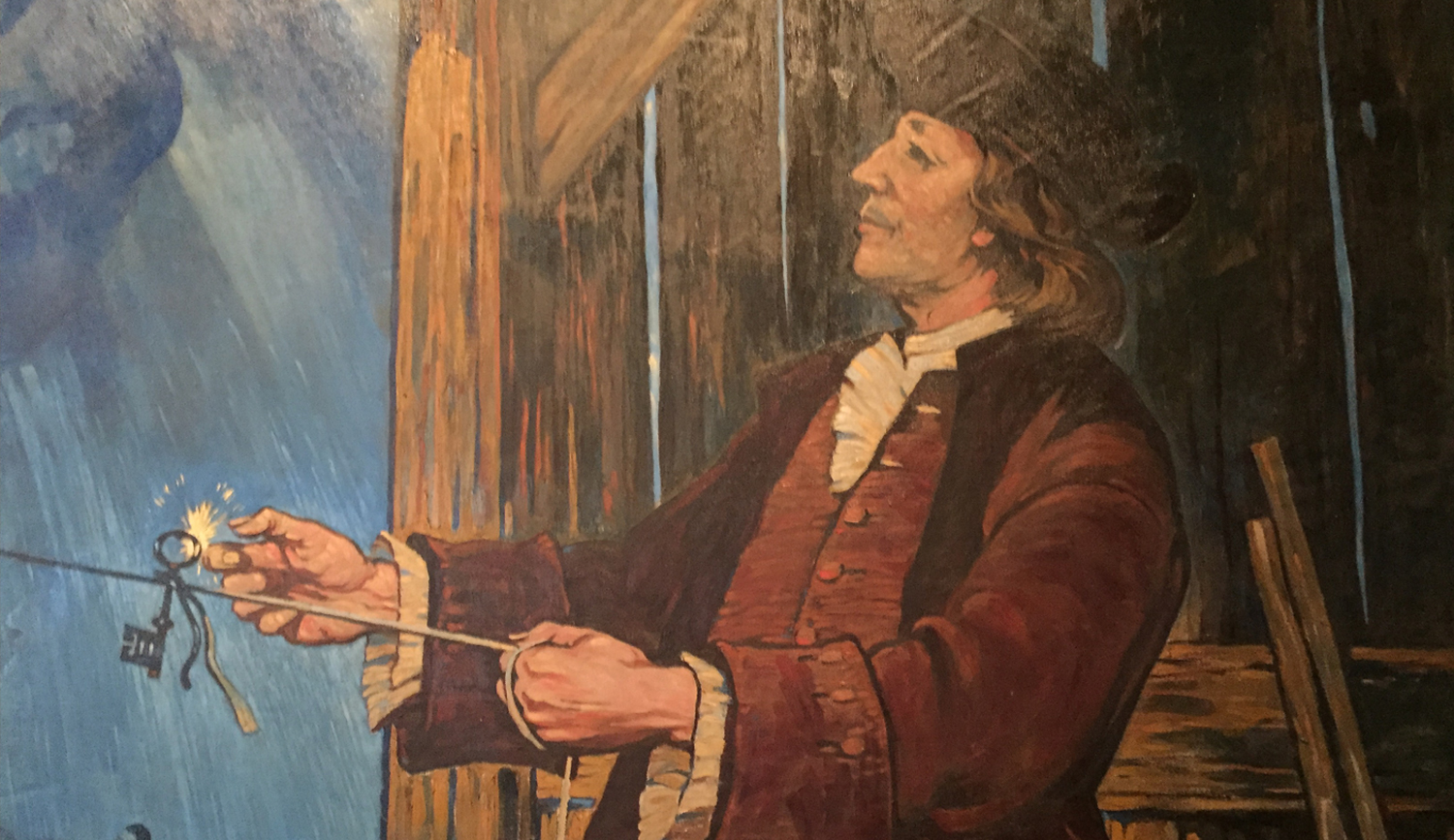Groundhog Day loops back around on Tuesday, February 2nd. Indeed, we wake each morning to more of the same endless days of isolation, social distancing and masking. The Coronavirus’ societal impact arrived near the time of the Spring Equinox, morphing the usual time of optimism into pessimism. The long year of 2020 departed leaving us with a trammeled view of the future, straining to see hope amidst our collective boredom.
Many words relate to boredom including monotony; dullness; and dreariness to name a few. But a capricious Covid-19 calls for a word that more accurately defines how we feel, so presented to the forefront are a trio of descriptives: Angst, Weltschmerz and Ennui. Arika Okrent parses the differences in the words in depth in an article entitled How to Tell Whether You’ve Got Angst, Ennui or Weltschmerz, if one remains uncertain how he or she feels after perusing this piece.
Angst represents the most commonly known and used word of the three. The word originated from the same bitter root that gave us the a-awful words of anguish, anxiety and anger. Ms. Okrent notes that angst describes “a feeling that disrupts peace and contentment for no definable reason.” Angst fails here because Covid-19 provides a specific reason for the disruption of contentment.
Weltschmerz, German for ‘world pain’, captures the global pandemic’s reach. No place on earth appears immune to the ravages of Covid, except perhaps Antarctica, though mankind tries its’ best to melt it down to size. But Weltschmerz emphasizes the mismatch between how the world should be, and how it really is, i.e., the internal suffering endured about the victory of reality over idealism. Unfortunately, history tells us that the dichotomy between the two shall never change. Conversely, someday science eliminates the pandemic. Right?
Ennui (än-ˈwē—as in awn-wee), a French word, means “a feeling of weariness and dissatisfaction”, which best describes our internal emotions experienced from days on end isolated in one’s own hearth. Reminisce our own teenage feelings experienced when ‘grounded’—another good word that announced the prohibition of airplane takeoffs. Few of us have experienced any takeoffs, literally or figuratively.
So fare thee well in thy realm of home and self-improvement. As Dr. Strangelove prophetically predicted about disasters that create isolation: “There would be much time, and little to do.” We lay low with little to do as we dodge the contagion, which provides the safest way to avoid a virus that stealthily transmits from the seemingly healthy to the innocent as an equal opportunity illness. No need for the EEOC.
So we idle in park awaiting the cure. Like someone in a bad long-term relationship who cannot let go—so much time invested to give up now—we hold on all the tighter, inertly more cautious as we hideaway at home. Woe, to catch Covid with the antidote in sight. Alas, we await the distribution by an ‘efficient government’, an oxymoronic coupling of contradictory terms.
Murphy’s law applies to the distribution of Coronavirus inoculations: “It will always take longer than you think.” Injections administered by states controlled by either Democrats or Republicans will prove inefficiency remains a bipartisan occupation, while affording one side an opportunity to castigate the other. Choose a political boogeyman, but governmental ineptitude remains tethered to our own fallibilities raised to the nth power.
Yet, even Conservatives understand that private ‘for profit’ entities acting as bartenders charging by the shot will not work. Take solace that autocratic governments such as Russia prove even more inept than our own. As Winston Churchill once observed: “Democracy is the worst form of government, except for all the others.”
In the meantime, Coronavirus mutates into different strands leaving us to wonder if the current vaccine will stop the pandemic in its tracks, or will the virus outstrip our abilities to keep pace.
Wake up on Groundhog Day again feeling weary and dissatisfied? Oh gee! sounds much like Ennui. But when turning off the alarm, recall that the movie Groundhog Day serves both as a comedy and a secular tale where the movie’s protagonist played by Bill Murray discovers that primal indulgences ultimately prove dissatisfying that leads into depression, from which he escapes when he acts benevolently to help others.
Perhaps the movie offers us a clue on how to break Ennui’s spell as we await the eradication of the Coronavirus.

3 replies on “A Word About Covid and Groundhog Day”
Good piece, aptly describes how so many of us are feeling and why.
I think the image of “idling in park” says it all these days and I say thank you Mr. Lore for distilling a welter of feelings into a comprehensible form. I agree that the movie “Groundhog Day” is a tale with an ultimately significant lesson for how we might extract ourselves from our own version of the “slough of despond”.
Great!